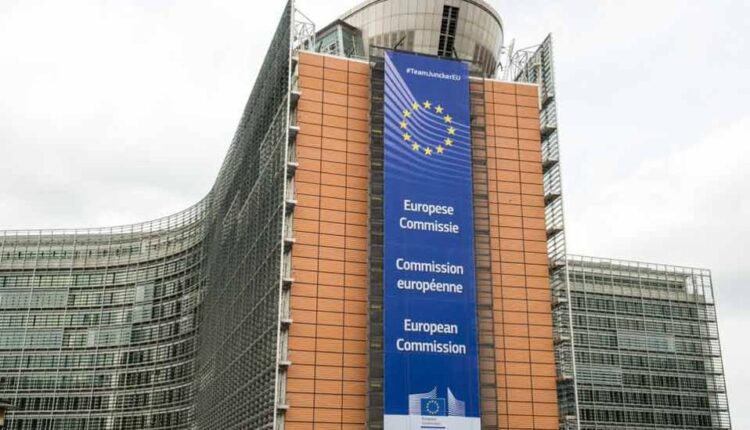The European Commission has undertaken a key initiative aimed at delivering tangible improvements to sustainability policies within the cocoa sector, reports Neill Barston.
Among the core measures being put forward is a new multi-stakeholder engagement that draws together major representatives of Côte d’Ivoire and Ghana – the two main cocoa producing countries accounting for 70% of global cocoa production – as well as representatives of the European Parliament, EU Member States, cocoa growers and civil society.
Significantly, the new initiative for sustainable cocoa has been confirmed as part of a broader set of the European Commission’s measures to address sustainability issues within the sector. This includes a policy dialogue with Ivory Coast and Ghana to make sure that increase of prices is linked to actions halting deforestation and eliminating child labour in cocoa supply chains.
As the Commission noted, its newly outlined dialogue seeks to put down concrete recommendations to advance key targets on environmental, community engagement and transparency goals across the cocoa supply chain through collective action and partnerships. The new dialogue will be supported by technical assistance for cocoa producing countries.
These sector-wide discussions are being supported by Caobisco, the chocolate, biscuits and confectionery trade body for Europe, which has continued to back industry’s drive towards creating fairer conditions for those working across the entire chain of the cocoa sector.
Executive Vice-President and acting Trade Commissioner Valdis Dombrovskis said: “The cocoa sector is important for the EU and our trading partners. Today’s launch of the multi-stakeholder dialogue for sustainable cocoa will help to guide the sector’s recovery from Covid-19, while also finding solutions to existing sustainability challenges. We plan to develop concrete recommendations on sustainable cocoa as trade is not only about growth and profits, but also the social and environmental impact of our policies.”
“When we talk about cocoa, sustainability is key” said Jutta Urpilainen, Commissioner for International Partnerships. “Lifting up the three pillars of sustainable development in one go – social, economic and environmental – is possible. We stand ready to act as an honest broker to create the foundation of a new international framework for sustainable cocoa.”
As the Commission explained, a series of thematic groups set under the multi-stakeholder dialogue will meet between October 2020 and July 2021 to: discuss ways to encourage responsible practices of EU businesses involved in cocoa supply chains; feed into other relevant ongoing Commission initiatives, including on due diligence and deforestation; feed into the policy discussions between the EU and the involved cocoa producing countries: Côte d’Ivoire and Ghana; guide the European Commission in the design and deployment of support projects on sustainable cocoa production.
Furthermore, a plenary session in autumn 2021 will take stock of progress and a public report will review progress on the recommendations and lay out further steps to be taken.
The dialogue corresponds to the EU’s political priorities under the Green Deal and the Commission’s ‘zero tolerance’ approach to child labour. It also builds on Ivory Coast and Ghana’s joint initiative of June 2019 on a minimum price for cocoa on the world market and the Living Income Differential that they put in place with representatives of the cocoa and chocolate industry to ensure decent revenue for local farmers.
- World Cocoa Foundation President Raises Concerns Over ‘Unprecedented Challenges’ At Partnership Meeting - November 19, 2020
- World Cocoa Foundation Places Delivering On Sustainability At Core Of Partnership Meeting - November 14, 2020
- EU Begins Key Dialogues With Ghana And Ivory Coast On Sustainability - October 10, 2020
